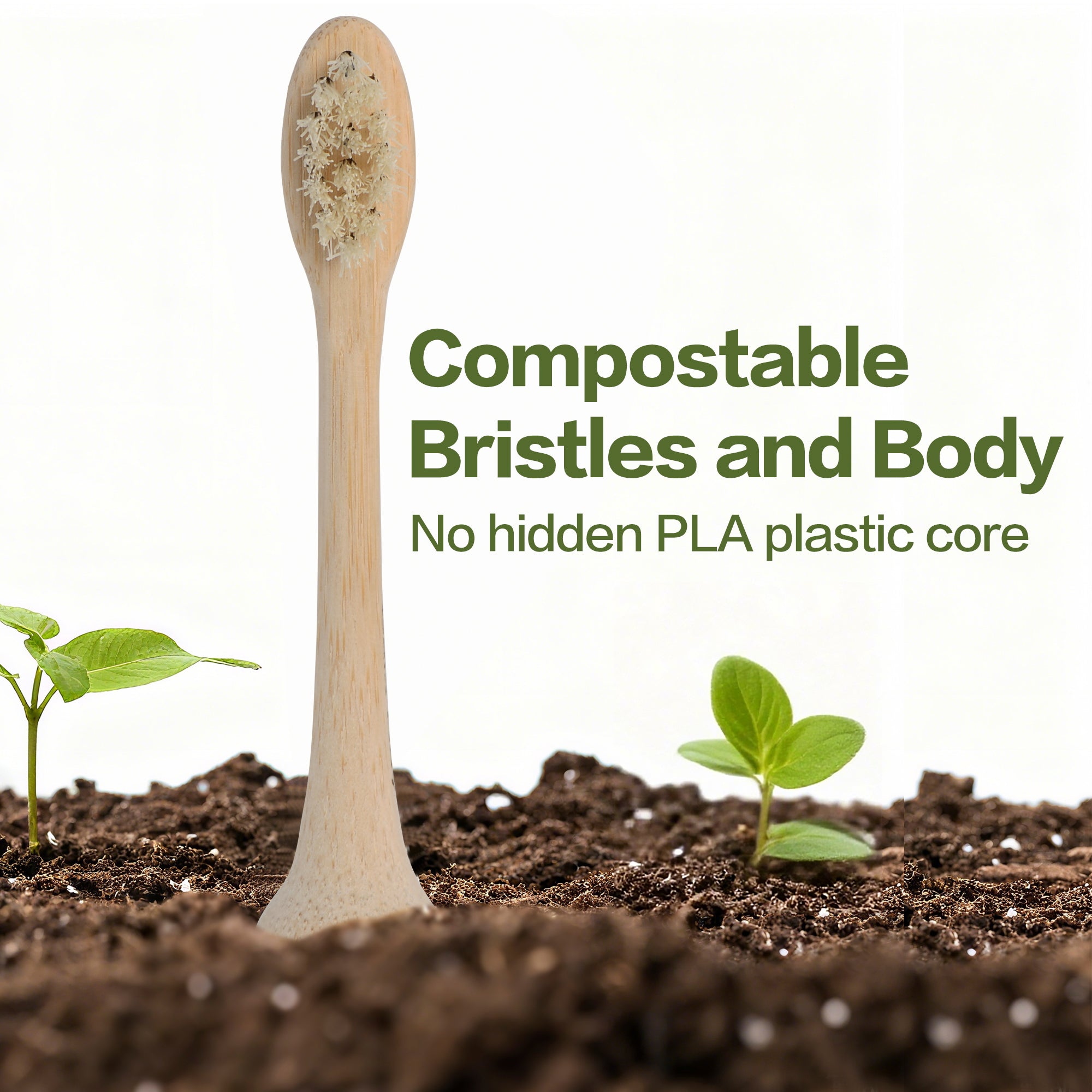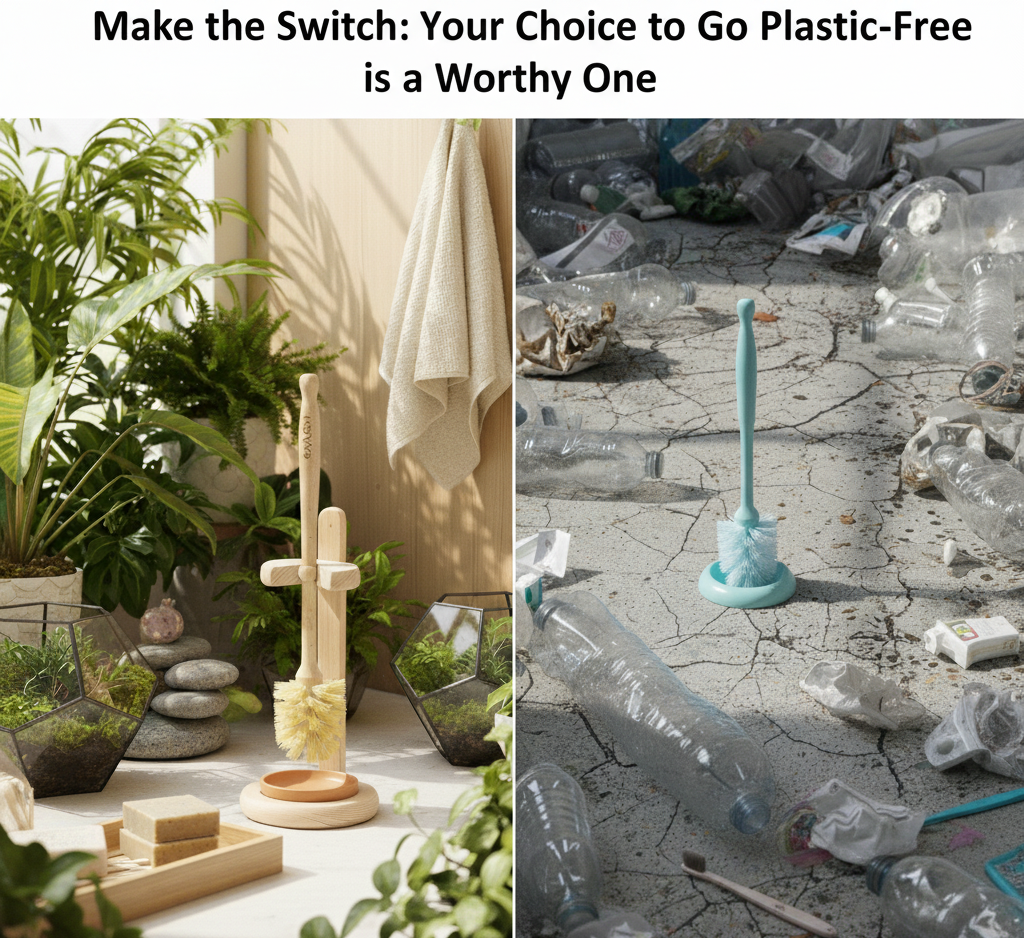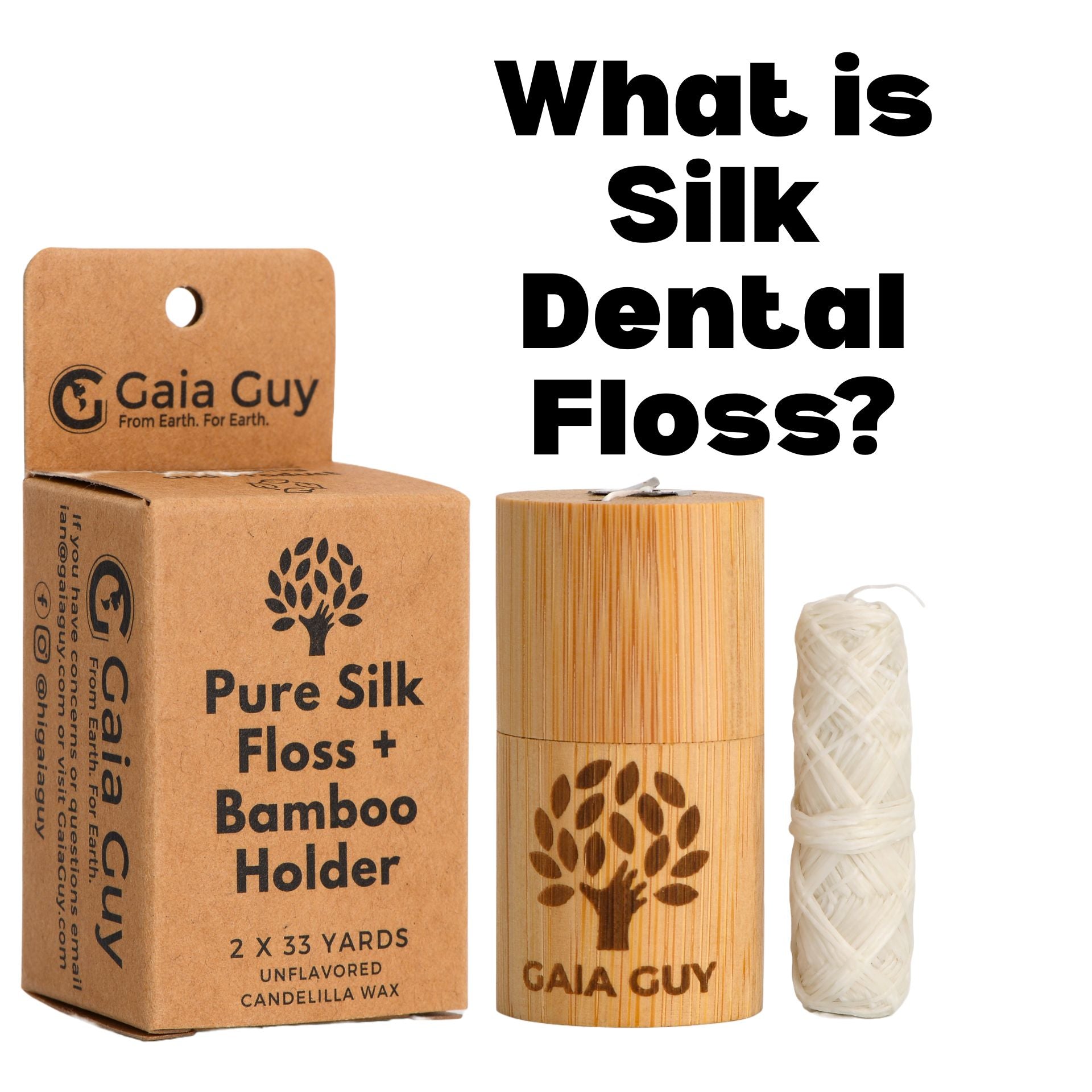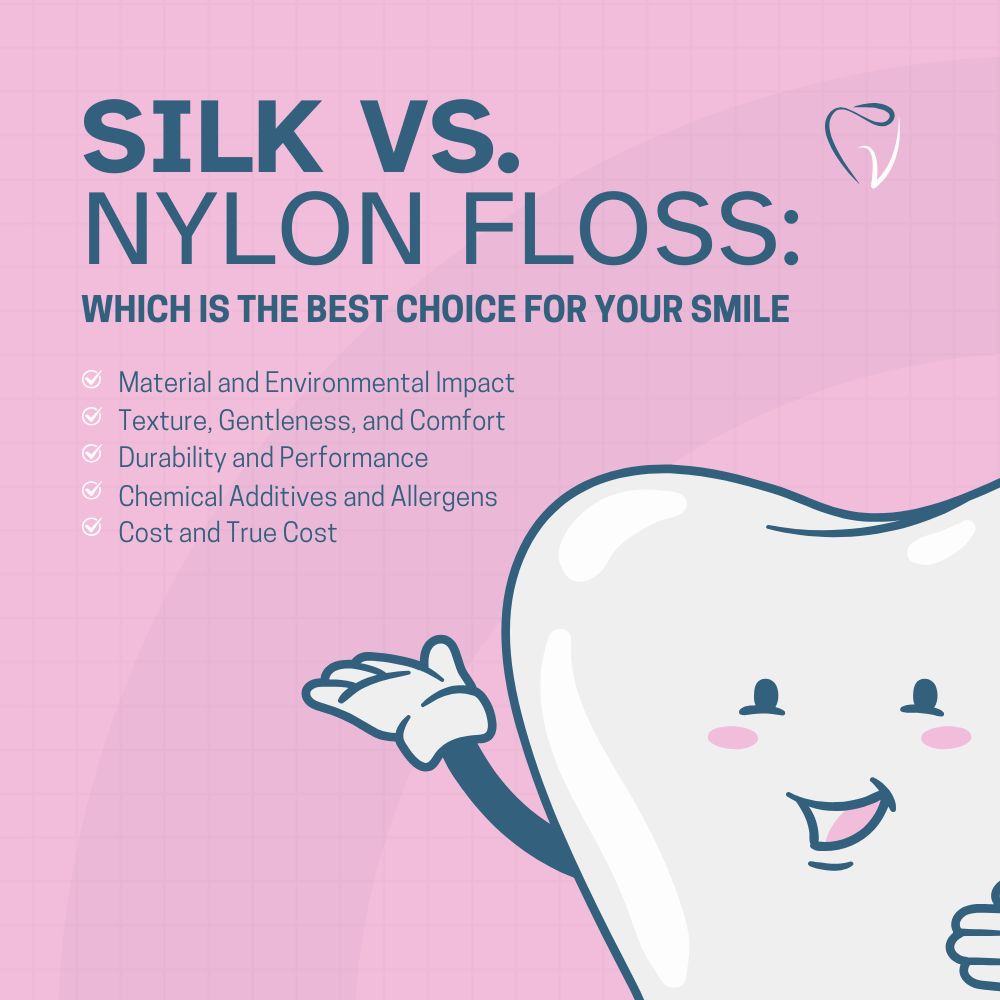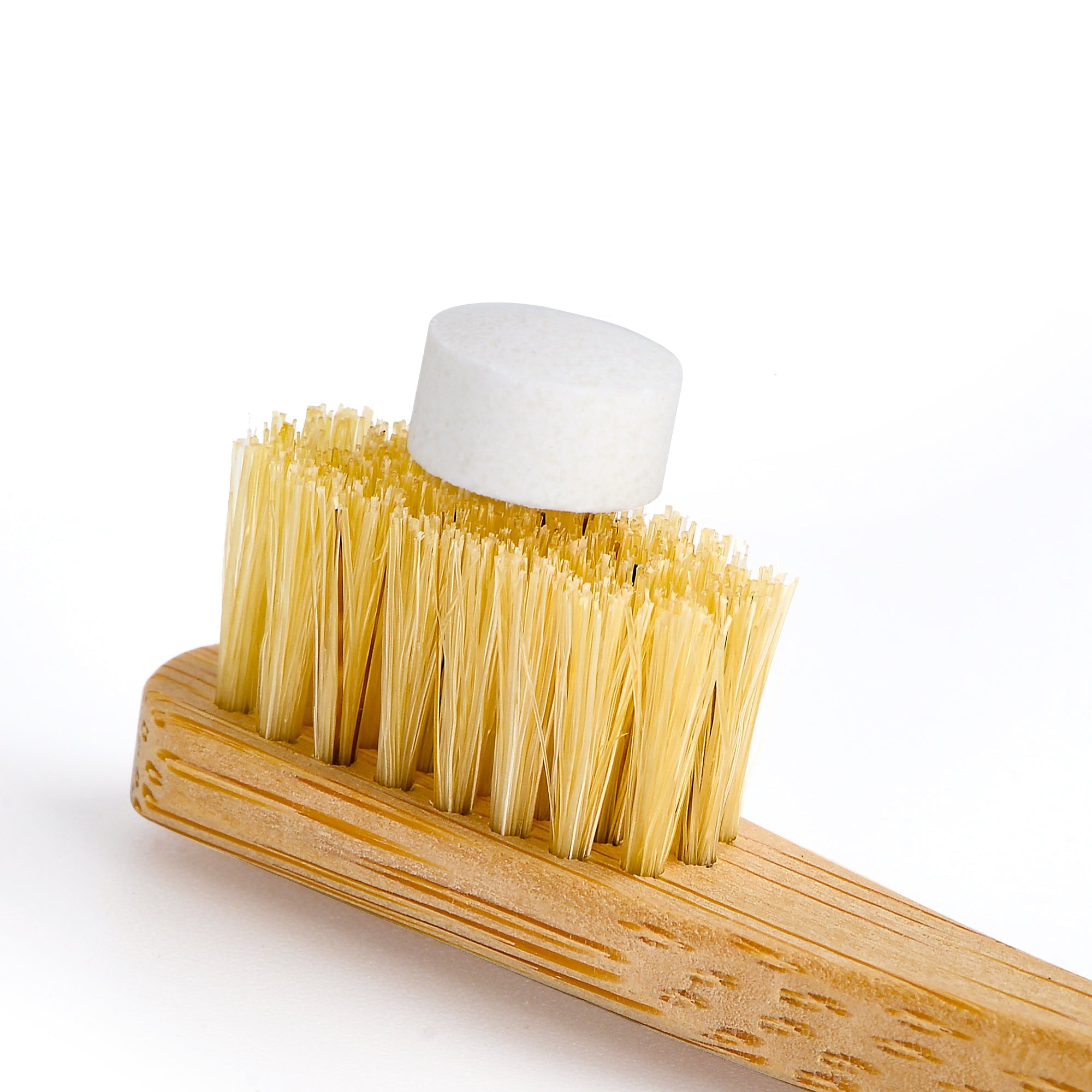When it comes to curating a planet-friendly wardrobe and eco-conscious home decor, you've got the power to be a true trendsetter without succumbing to fast fashion.
By making mindful choices in materials, you not only elevate your style but also send a clear message to manufacturers: sustainability rocks!
But let's not forget, sustainability isn't just about what something's made of. It's also about how it's made, who's making it, and how long it's going to stick around. Don't forget when it was made either as that is the real kicker.

If you are truly looking to shrink your carbon footprint and have some eco-fun along the way then shop second-hand! It's like giving Mother Earth a warm, fuzzy hug because nothing, and I mean NOTHING, can beat the eco-friendly vibes of something that's already had its moment in the spotlight.
Picture this: you're strolling through a thrift store, and you stumble upon a funky vintage jacket that's screaming your name. Boom! You just saved a brand-new jacket from being created, reducing the demand for new resources and energy.
YOU MAY LIKE THIS TOO: 11 Sustainable Building Materials Revolutionizing the Construction Industry for a Greener Future
It's like you're a superhero for the environment, swooping in to save the day. Plus, thrift shopping is like a treasure hunt for stylish eco-warriors, with surprises around every corner. So, next time you're itching for a shopping spree, hit up your local thrift shop, and let the Earth-friendly adventure begin!
But hold on, there's more! When you shop second-hand, you're not just reducing your carbon footprint; you're also showing off your unique style. You see, vintage pieces have character and history, making you the fashion-forward trendsetter.
Long story short, if you want to save the planet, stand out in a crowd, and have a blast while doing it, thrift shopping is the ultimate win-win-win! Be sure to rock this song on the way there!
However, that isn't always an option, so let's open up the sustainable wardrobe to see what sort of eco-friendly fabrics are changing the game.
-
Organic Cotton: Earth's Soft Embrace
Picture this: Cotton fields swaying gently in the breeze, devoid of synthetic chemicals and GMOs. That's organic cotton for you! It's not just gentle on your skin but also on the planet. It's the eco-hug your wardrobe deserves.
What are the pros and cons of organic cotton?
Pros:
- Free from synthetic chemicals and GMOs.
- Gentle on the skin.
- Environmentally friendly.
- Promotes sustainable agriculture practices.
Cons:
- Typically more expensive than conventional cotton.
- Requires more water than some other sustainable fabrics.
-
Hail Hemp, the Tough Guy of Fabrics
Meet hemp, nature's bodyguard in the textile world. Strong, durable, and unyielding, it's the fabric that laughs in the face of wear and tear. Plus, it's a pro at keeping you cool, making it perfect for hot weather styles.
I must admit after using both hemp and cotton nut milk bags I'm sure which one I'd choose for underwear. Cotton sure is softer, but hemp works great for outerwear.
What are the pros and cons of hemp?
Pros:
- Strong and durable.
- Resistant to wear and tear.
- Suitable for hot weather styles.
- Grows with minimal water and pesticides.
Cons:
- Can have a rough texture.
- Limited availability in certain styles and colors.
-
Linen: The Eco Elegance
Linen, the ancient eco-warrior, is making a glorious comeback. It's a champ at staying cool in the summer and cozy in the winter. Plus, it's like a natural air conditioner for your skin.
For summer or when living in a tropical climate other than being naked linen is the hands down winner for me every time.
What are the pros and cons of linen?
Pros:
- Excellent breathability.
- Keeps you cool in summer and cozy in winter.
- Biodegradable and sustainable.
- Natural air conditioner for the skin.
Cons:
- Prone to wrinkles.
- Limited elasticity and stretch.
-
Bamboo: The Speedy Green Giant
Bamboo, the Usain Bolt of plants, grows like there's no tomorrow. And it's not just fast; it's also kind to the environment. From silky softness to moisture-wicking magic, bamboo fabric has it all.
Bamboo is certainly in fashion when it comes to making Gaia Guy's best-selling bamboo and boar bristle toothbrushes.
What are the pros and cons of bamboo fabrics?
-
Pros:
- Rapidly renewable resource.
- Silky softness.
- Moisture-wicking properties.
- Environmentally friendly.
Cons:
- Manufacturing process may involve chemicals.
- Limited color options compared to some other fabrics.
-
Tencel (Lyocell): The Sustainable Softie
Tencel, the cool kid on the block, is made from wood pulp and boasts a closed-loop production process. It's silky, breathable, and eco-friendly all in one smooth package. Some tencel fabric sheets could be rather nice.
What are the pros and cons of Tencel fabric?
Pros:
- Made from sustainable wood pulp.
- Closed-loop production process.
- Silky and breathable.
- Eco-friendly and biodegradable.
Cons:
- Costlier compared to some other fabrics.
- May not be as widely available.
Now, we've got some serious eco-fabrics under our belt. But wait, there's more! Keep scrolling to learn about the other sustainable superheroes in the eco-friendly textile universe.
-
Recycled Polyester: Giving Plastic Bottles a Chic Makeover
Did you know that plastic bottles can be reborn as fashion pieces? Recycled polyester is here to prove it! It's an eco-conscious choice that repurposes plastics into stylish attire.
What are the pros and cons of recycle polyester clothing?
Pros:
- Repurposes plastic bottles.
- Reduces plastic waste.
- Durable and versatile.
- Widely available in various styles.
Cons:
- Still derived from petroleum-based materials.
- Microplastic shedding during washing.
-
Piñatex: Pineapples Turned Fashionistas
Piñatex, the pineapple leather, is a showstopper in the sustainable fashion world. It's cruelty-free, funky, and oh-so-environmentally friendly.
The biggest downer is this: Piñatex is a non-biodegradable leather alternative made from cellulose fibres extracted from pineapple leaves, PLA (polylactic acid), and petroleum-based resin. Source
What are the pros and cons of pineapple fabric?
Pros:
- Made from pineapple leaf fibers.
- Cruelty-free and sustainable.
- Unique and fashionable.
- Supports pineapple farming communities.
Cons:
- Limited availability and style options.
- Can be expensive.
-
Organic Wool: Where Fluffy Meets Green
Wool is cozy, but organic wool is the eco-cherry on top. It ensures that sheep are treated well and the planet stays green. Plus, it's perfect for those winter sweaters!
What are the pros and cons of organic wool?
Pros:
- Cozy and warm.
- Environmentally conscious sheep farming.
- Biodegradable and sustainable.
- Ideal for winter clothing.
Cons:
- May trigger allergies in some individuals.
- Animal welfare concerns if not certified organic.
-
Cork Fabric: Nature's Funky Alternative
Cork isn't just for wine bottles; it's a fabulous fabric too! It's lightweight, waterproof, and ideal for accessories and home decor.
What are the pros and cons of cork fabric?
Pros:
- Lightweight and waterproof.
- Sustainable and renewable.
- Ideal for accessories and home decor.
- Unique and textured appearance.
Cons:
- Limited flexibility for certain clothing items.
- May not be as soft as some other fabrics.
-
Soy Fabric: Fashion from the Soybean Field
Who would've thought soybeans could be so chic? Soy fabric is biodegradable, soft, and an excellent choice for those looking to make a sustainable style statement.
What are the pros and cons of soy fabric?
Pros:
- Made from biodegradable soybeans.
- Soft and comfortable.
- Sustainable and eco-friendly.
- A unique choice for sustainable fashion.
Cons:
- Limited availability and style options.
- May not be as durable as some other fabrics.
Bonus fabric!
Silk: Nature's Luxury Fiber
Silk, often considered nature's luxury fiber, boasts a smooth and soft texture, making it a timeless choice for those seeking refined elegance. It offers exceptional breathability and natural temperature regulation, ensuring comfort in various climates.
We love the 100% compostable nature of silk and that's why we choose it for our dental floss.
Genuine silk can be relatively expensive and demands special care in cleaning and maintenance.
What are the pros and cons of silk?
Pros:
- Luxurious and smooth texture.
- Exceptional breathability and comfort.
- Natural temperature regulation for various climates.
- Highly durable and long-lasting.
- Elegant and timeless aesthetic.
Cons:
- Production often involves ethical concerns related to silkworms.
- Can be relatively expensive compared to other fabrics.
- Requires special care during cleaning and maintenance.
- May not be as readily available in certain styles or colors.
Remember, sustainability is a journey, not a destination. So, as you explore these fantastic plant-based fabrics, keep an eye out for certifications like GOTS, Bluesign, and OEKO-TEX. They're like the eco-stamps of approval, ensuring that your choices are as green as can be.
That said you may be better off sourcing fabrics yourself and making your own clothes or hiring a seamstress. This may be a dream, but who knows till you give it a try.
Oh, and don't forget to dig into the brands you're supporting. Research their sustainability initiatives, ethical practices, and dedication to the environment. Let's give our planet the love and care it deserves, one stylish, eco-friendly choice at a time.
Now, go ahead, embrace these eco-fabulous fabrics, and show the world that being stylish and sustainable is a match made in heaven!






